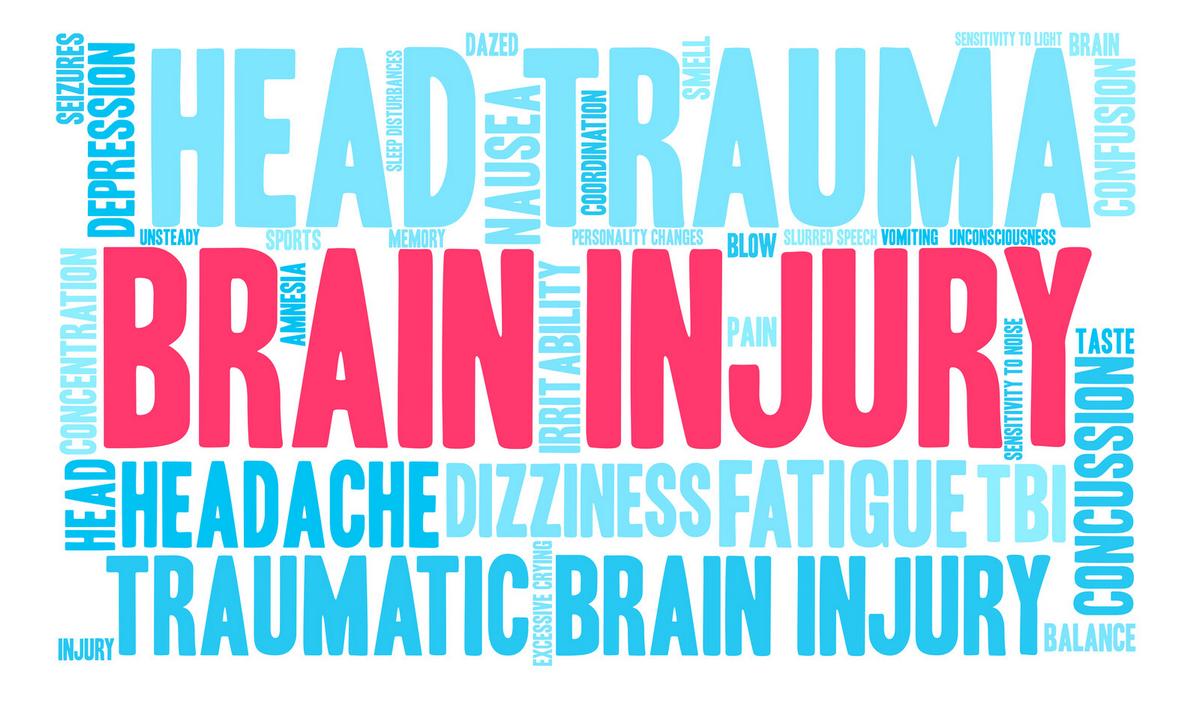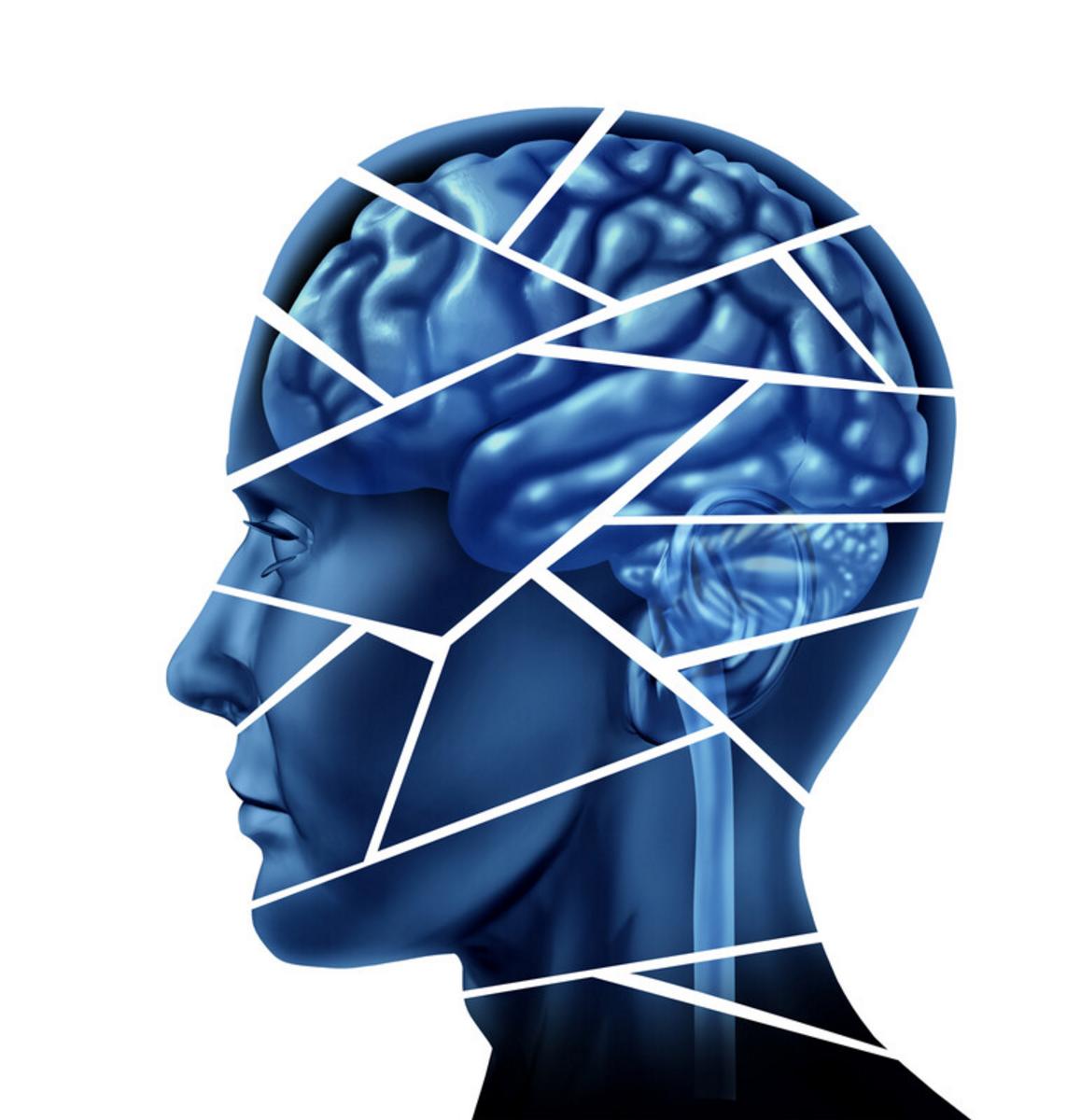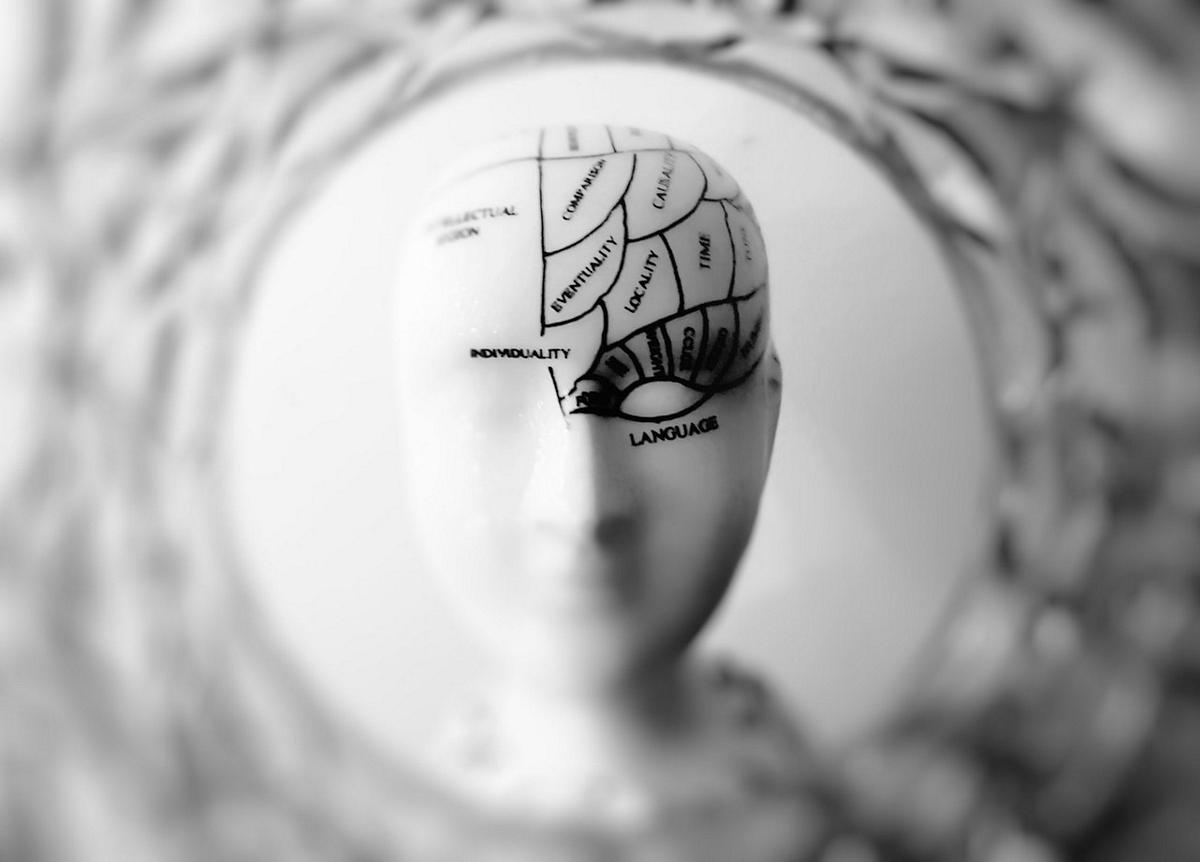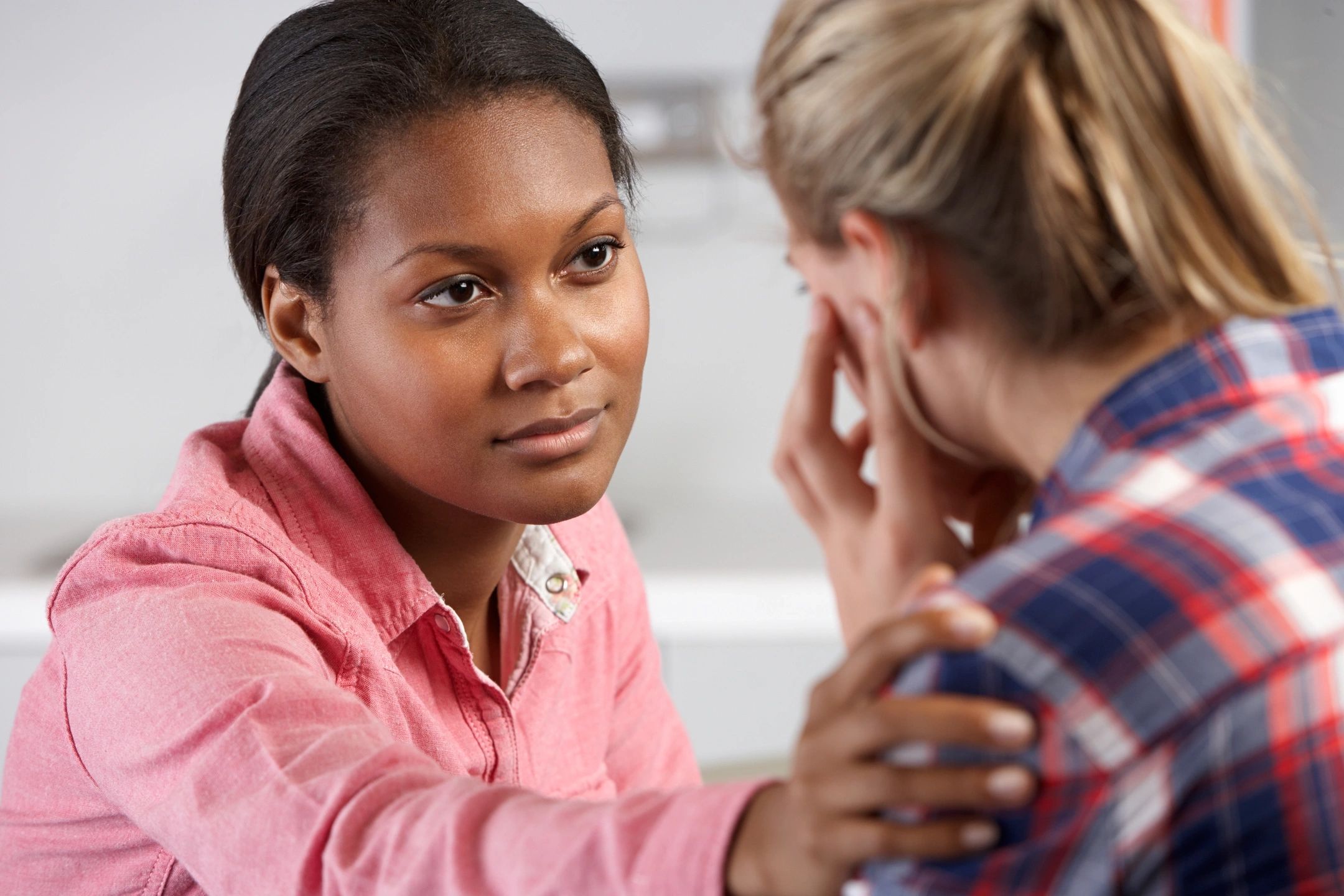Brain Injury Affects the Entire Family
- In brain injury, Personal Injury
- 22 October 2019

A brain injury affects not just the victim, but the entire family and other loved ones who are faced with the challenges to cope with the cognitive, physical, and behavioral changes that often accompany these serious and sometimes life-threatening injuries.
Understanding the Science of Brain Injuries

Over 2.8 million people suffer brain injuries every year, and traumatic brain injuries play a role in about 30% of all injury-related deaths in the United States. Virtually all brain injuries take a serious toll on the victims and the people who love them. Traumatic brain injuries (TBI), often result from violent blows to, or movements of, the head, and can have numerous physical and psychological damage. These types of damages will vary based on what part of the brain suffers the injury.

If your loved one suffers a serious blow on one side of their of head, they may experience mobility or sensory problems on the left side of their body, and vice versa. While the symptoms associated with a brain injury can vary substantially based on how and where the injury occurs, other factors, such as general health and age, ranging from an adult to a child need to be properly addressed so that the injured child or adult has a better chance to recover.
How Brain Injuries Can Impact Your Loved One

While the level of care and assistance for brain injury victims can require many different types of care, in severe cases, your loved one may require ‘round-the-clock care. This can include eating, drinking, and using the bathroom to making routine, day to day decisions and communicating their needs to you and other caregivers.
Bailey & Partners has decades of experience in brain injury cases and knows how to help you, your family or friends find the caregivers they really need.
Understanding the Caregiver Role

Because family members who become caregivers devote so much time and attention to someone else’s needs, they often wind up neglecting their own needs, and well-being.
Also, as noted by the Brain Injury Alliance of Iowa, many brain injury victims also experience intense feelings of sadness or depression following their injuries, and in some instances, these feelings can have a significant negative impact on their own recovery. As frustrating as these changes can be for the person experiencing them, they can be just as difficult for the people in the caregiver roles, who, in addition to having to worry about their loved one’s recovery, must also focus on financial, emotional and similar aspects of the process while wondering if their lives will ever again return to “normal.”
Tips for Caregivers
While recovering from a brain injury often involves an entire team of professionals, arguably no one has a more important job than the family members and caregivers tasked with assisting the brain injury victim throughout the recovery process. As a caregiver, one of the most important things you can do for yourself involves accepting the fact that every victim’s recovery is different. It may, too, serve you well to find or develop a support network of others facing similar circumstances who understand your emotions and feelings of distress, anxiety, anger or frustration.

Also, recognize that you do not need to handle everything on your own. Delegate caregiving tasks when you feel it necessary, and don’t feel guilty about doing so. While recovering from a brain injury is an uphill battle for the victim, the entire family feels the effects.
If you or a loved one has suffered a brain injury, contact Bailey & Partners for a free consultation. Our brain injury attorneys stand ready to support you.
Contact us for a FREE complimentary case evaluation:
- Call: (310) 392-5000 or 800-973-2263
- Email: [email protected] or
- Fill out the form on this page.
Related Posts
- Holiday Airplane or Helicopter Crashes – “Go or No Go”?
- Boeing Fix on 737 Max 8 Apparently Not a Simple Fix
- Deadly Distractions
- Carbon Monoxide Poisoning Increased During Winter Months Due to Increased Use of Heaters: This Can Result In Personal Injury or Death
- A Night Medical Helicopter Flight is a Varsity Event

